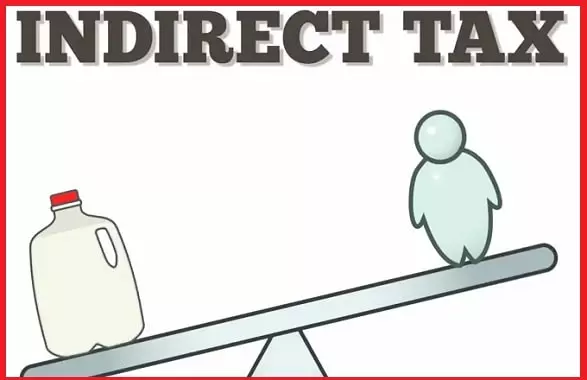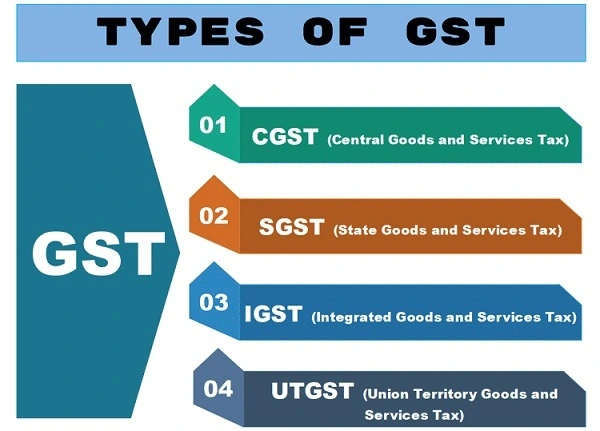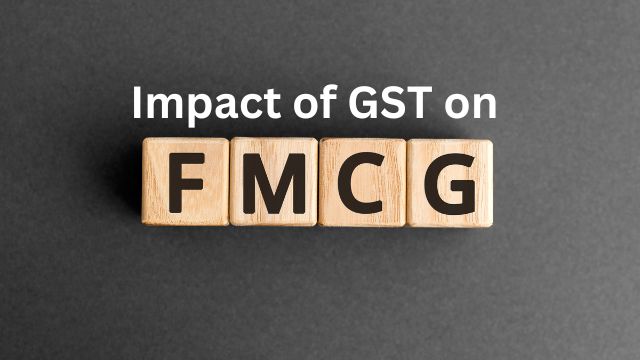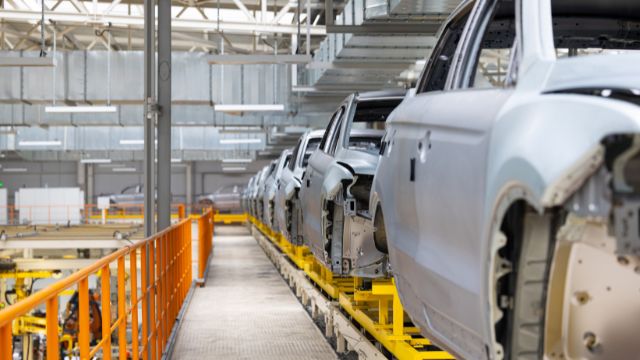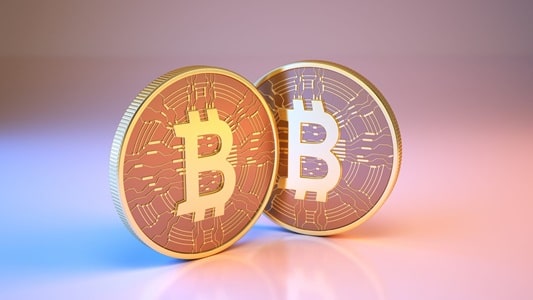Two major types of taxes in India are Direct Tax & Indirect Tax. The direct taxes are charged directly to the companies & individuals. The indirect taxes are different. These taxes are not charged directly but are usually hidden in the commodity’s price. The indirect taxes are passed on to the consumer, and this tax may vary depending on what you are buying. For example, there is a higher tax on sin and luxury products. So, you get charged with a higher indirect tax on such products. In the sections below, we have covered more information on indirect tax. You can scroll down and learn more about the same.
What is Indirect Tax?
As mentioned above, the government doesn’t charge an indirect tax on income. This tax is charged on the expenses that you incur. Earlier, the indirect tax included sales tax, value-added tax and many more components. However, with the onset of Goods & Service Tax (GST), all those components of indirect tax have been merged in a single window. The MRP of a product or a service includes the indirect tax. Let us now move on and learn more about the advantages & disadvantages of indirect tax.
Advantages of Indirect Tax
In this section, we have covered all the benefits of indirect tax.
- Everyone Contributes – The best thing about the indirect tax is that everyone has to contribute. There is no option of skipping the indirect tax. In India, there are very few people who pay direct tax. In such a case, indirect tax helps ensure that everyone is paying tax even if they are evading it on their income.
- No Tax Evasion – Tax evasion is not possible in the case of indirect tax. You need to pay GST on the goods, which can’t be avoided. This helps the government form a steady stream of revenue which is again injected back into the economy for the welfare of the people. Until now, this is the best advantage of the indirect tax.
- Convenient – Indirect taxes are highly convenient. You don’t have to worry about calculating the tax and paying it. It is pre-calculated and added to the price of the goods. Moreover, it is the responsibility of the manufacturer or the shopkeeper to pay the indirect tax on your behalf. This helps with the easy adoption of the indirect tax.
- Large Spread – The spread of the indirect tax is large. There are multiple slabs under the indirect tax, depending on what kind of product you buy. For some products, the government even reduces the indirect tax to 0 to make it easily available for the people. This is only possible because of the large spread of indirect tax.
- Large Revenue For Government – As mentioned earlier, it is not possible to evade indirect tax. In such a case, it forms a steady source of revenue for the government. The government is earning indirect tax with every passing minute. This revenue helps the government in managing the expenses and the economy.
- Controls Demand – The government can also control the demand using indirect tax. For example, the government knows that tobacco & alcohol are harmful to the people. In such a case, the government has imposed the highest possible tax slab on these items. The result is that the demand & consumption of such goods are reduced. Similarly, the government reduces or removes the indirect tax from life-saving medicines to help people going through health crises.
Read Also: Direct Tax Advantages and Disadvantages
Disadvantages of Indirect Tax
Let us now check out the drawbacks of indirect tax.
- Increases Price – Indirect tax increases the price of the commodity. The government also taxes the bare necessities, which can be a problem. In case of increased prices, some people struggle to manage their expenses and their budget. Indirect taxes have always been very controversial.
- High Tax Rates – The indirect tax rate can be very high. Some things fall under the 28% tax slab in India, and these are either sin products or luxury goods. This may seem unfair to some, mainly because the government has imposed a huge indirect tax on luxury goods, restaurant bills and automobiles.
- No Impact on Civic Consciousness – It is also observed that the indirect tax doesn’t positively impact civic consciousness. This is because people are unaware that they are paying for public services from their pocket. This is also why many people are reckless with public property.
- Applicable to BPL – The below poverty line must pay the indirect tax. The government has set up subsidized ration shops for the BPL category, but that may not be enough. They still need some things which are not available at subsidy shops. In such a case, there is no option but to pay the indirect tax to the government.
Read Also: VAT Tax Advantages and Disadvantages
Can I Reduce My Indirect Tax Burden?
No, you would not be able to reduce the indirect taxes you owe. However, if you run a business, then you can manage your indirect taxes in a better way. While buying something for business use, you can claim an input tax credit for the GST. This way, you can remove the cascading effect of the GST on the products that you buy for your business. This results in a reduction in the price of the products for you, and it is also very beneficial. Many businesses take advantage of the rule, but please ensure that you comply fully with the law. The government is stringent on the GST tax credit law, and you may end up paying a huge penalty if you are not compliant.
Final Verdict
This was all about the indirect tax, and we hope you got a better understanding of indirect tax after going through their advantages & disadvantages. Even though the indirect tax has certain disadvantages, you must recognize that it is an important component for the government to generate revenue. At the same time, we are sure that you would agree that the indirect tax forces the poor to pay, and this may not be a very legit rule.
Indirect Tax FAQs
Q1. Can Indirect Taxes Be Avoided In Any Case?
Ans: Indirect taxes, like VAT, GST, and excise taxes, usually are already applied to the prices of stuff we buy. Most of the time, avoiding these sneaky taxes ain’t easy since they’re baked right into the final price tag. But hey, sometimes you can catch a break and skip indirect taxes, like when you shop in a tax-free zone or score a sweet government tax exemption.
Q2. Can Businesses Claim Back The Indirect Taxes They Pay On Goods And Services?
Ans: Yes, businesses can often claim back the indirect taxes they pay on goods and services used in their operations. This nifty process, called input tax credit or input tax deduction, helps businesses cut down on their tax bill, keeping cash flow healthy and staying competitive. But don’t forget, businesses must keep their tax records tidy and play by the tax law rules to fully cash in on this opportunity.
Q3. What Is The Relationship Between Indirect Taxes And Inflation?
Ans: Well, on one side, higher indirect taxes can crank up prices for goods and services, which might fuel inflation. That’s why businesses pass the extra tax load onto us consumers through bumped-up prices. But hey, indirect taxes can also be a secret weapon to tame inflation. For instance, if the government cuts indirect taxes on must-haves, it can help bring down living costs and ease the pressure on inflation.
Q4. How Do Indirect Taxes Impact The Prices Of Essential Goods And Services, Such As Healthcare And Education?
Ans: Well, in some countries, the bigwigs might give these sectors a break from indirect taxes or offer reduced tax rates to keep things affordable and within reach for everyone. But in other cases, taxes slapped on these essential services might jack up the costs for all of us. It’s all about striking that perfect balance for governments, raking in revenue through indirect taxes while making sure essential goods and services won’t break the bank, keeping society happy and the economy growing.

